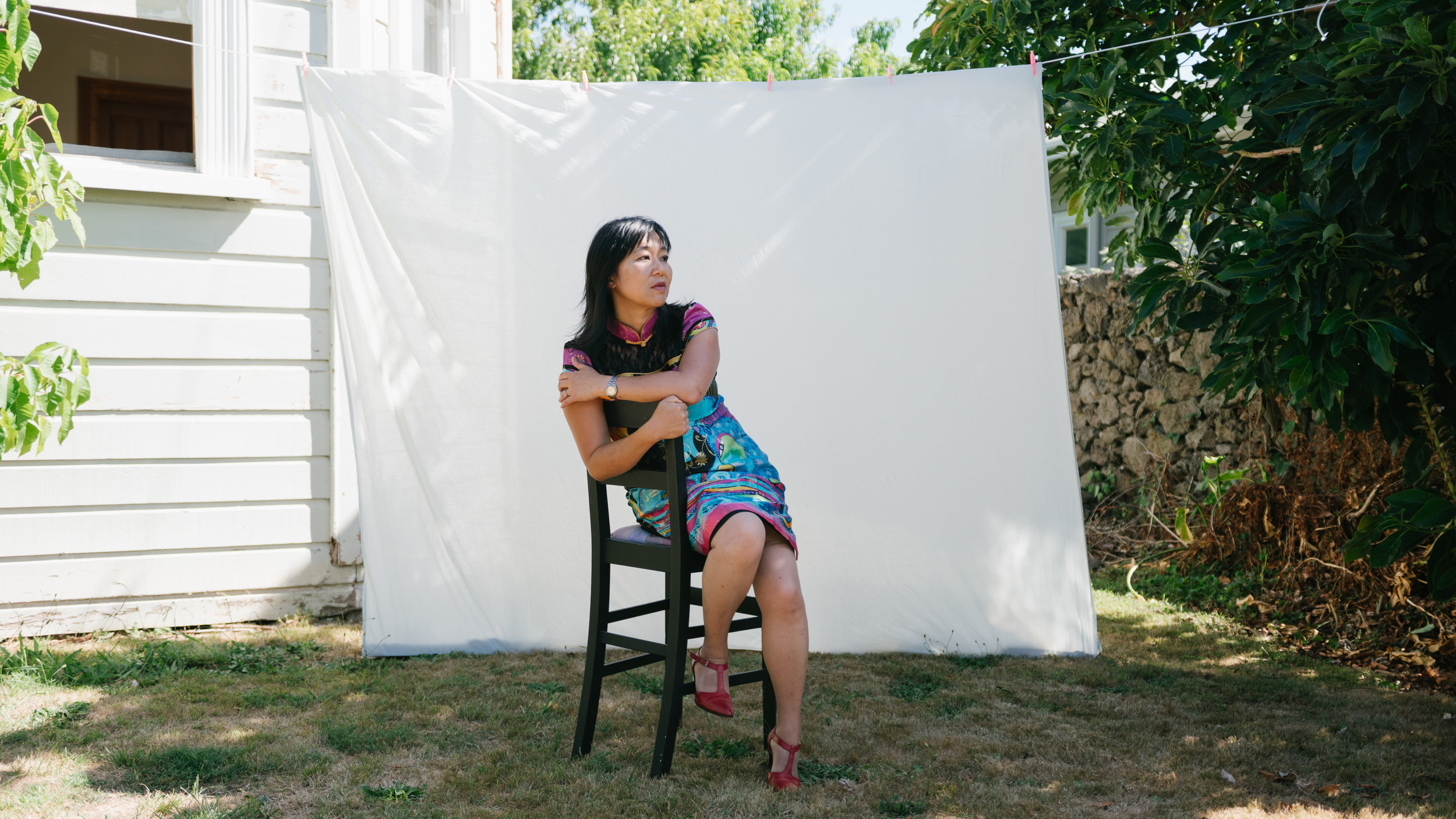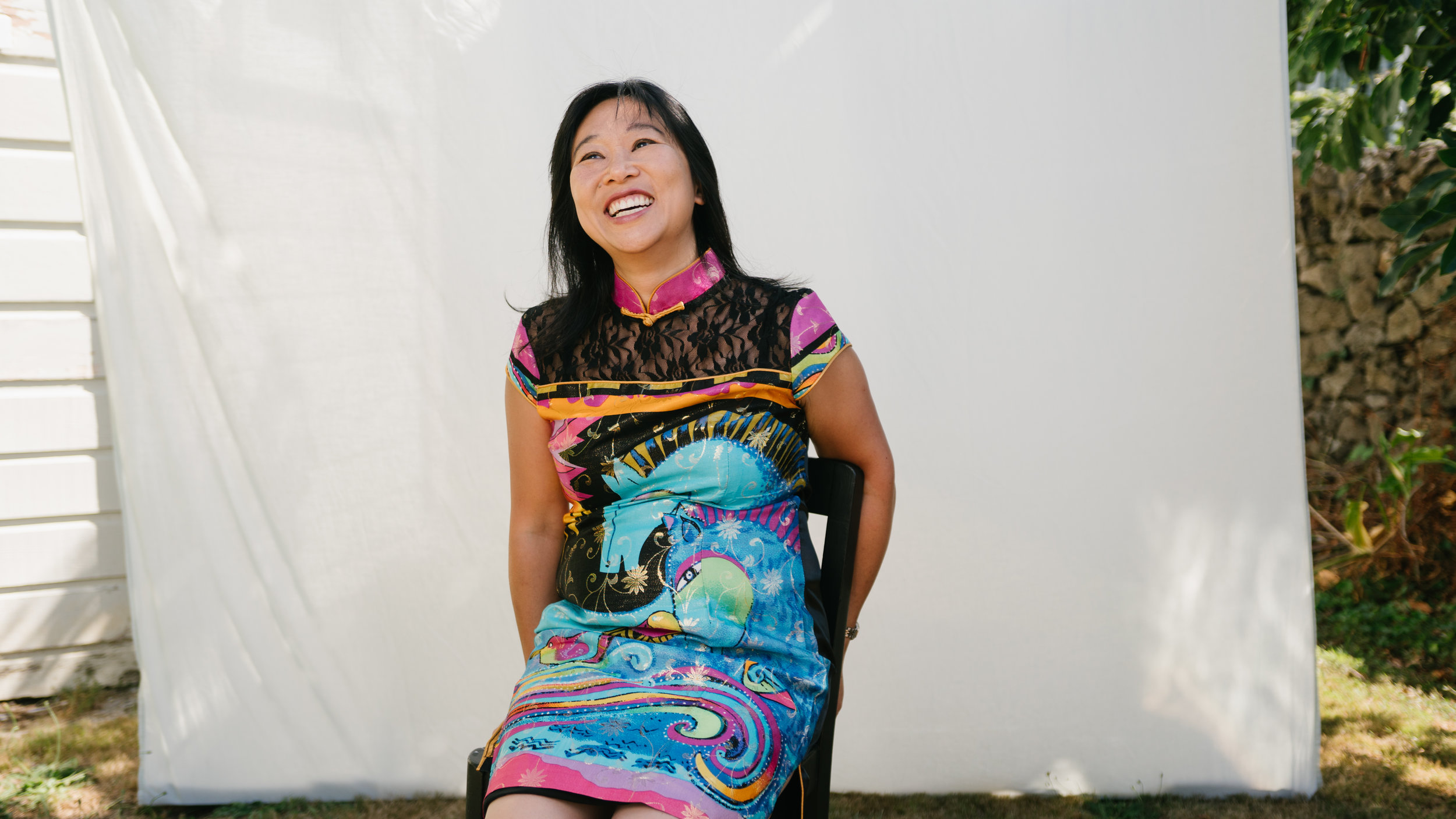“Medicine's moment is coming - it's already happening overseas, with high profile media stories in both the UK and Australia of young women who had been bullied and harassed. I realised I had the right mix of skills to do what I hadn't been brave enough to do - call it out.”
Images: John Rata
Doctors are perfect and kind, right? Wrong. Lauded playwright and poet Renee Liang is embarking on a new project, The Doctor Monologues, that peels back the dark underbelly of bullying and harassment in the medical profession. Mentored by dramaturg Eleanor Bishop under Proudly Asian Theatre’s ‘Fresh off the Page’ new play initiative, Liang has collated stories across 4 countries to expose and question the often toxic practices that occur in her other job.
A second-generation Chinese Kiwi, Liang is a poet, playwright, paediatrician, medical researcher and fiction writer, having written in many genres including short and long fiction, poetry, theatre, non fiction, blogging and arts journalism.
Among many other achievements, Liang organises community arts events such as New Kiwi Women Write, a writing workshop series for migrant women in association with Auckland Council. She is a regular contributor to The Big Idea, a website linking NZ's arts community. Renee has written, produced and nationally toured seven award-winning plays, published eight anthologies of migrant women's writing and has been published and anthologised as a poet.
We chat to Renee about her process, and what fired her to create a new play for the series.
What inspired you to write this play?
I was bullied as a medical student. I was bullied as a house surgeon. I was bullied all the way through my training, and now I'm a specialist, you'd think it doesn't happen, but the bullies just come from a different place. We're just like the other professions, and our rates of poor mental health, burnout and depression speak for themselves.
It was because of bullying that I turned my back on medicine. I guess I have my bullies to thank for my career as a playwright. I'm glad to be a writer, but I wish that it hadn't happened that way.
Then #MeToo happened. And the recent exposure of bullying and sexual harassment in the legal profession. Medicine's moment is coming - it's already happening overseas, with high profile media stories in both the UK and Australia of young women who had been bullied and harassed. I realised I had the right mix of skills to do what I hadn't been brave enough to do - call it out.
What were the challenges you faced during the process?
Bullying and sexual/mental and physical harassment is rarely reported in my profession. There's a hierarchical structure - limited training places, the fact that the people at the top select their trainees, report on them and decide who to progress. The victims are at every stage of this hierarchy, but most bullies are in positions of power. The system is invested in supporting the status quo - in my interviews, the most common response by hospital management to complaints of bullying was to try to shush it up, and in some cases, punish the victim. There's also the idea that you are not being professional if you rock the boat, and admitting anxiety or depression is a sign of weakness. I lost count of the number of times a well-meaning mentor told me 'you'll be able to grow a thick skin after this.'
Because of this, I knew I would have a hard time getting people to trust me with their story. I reached out using word of mouth, knowing there would be low trust of anything endorsed by our various professional organisations (who are often, either by being conservative or through inaction, part of the problem.) I created an anonymous survey form and people from the UK, Australia and India found it as well as many from NZ - so my work has now become international.
Creatively, I've been working with my dramaturg Eleanor Bishop to explore the performative aspects, thinking about how to touch these topics safely but boldly. Eleanor has great experience working in this field and we both believe in the power of performance to bring people together to talk about the big issues - so this has become the central aim of my piece.
What do you think makes a good story?
I've learnt over the years that truth makes a good story. An audience instinctively tastes truth. They have a blood lust - I remember the first time I had a play read in public and every line my actors read felt like I was being stripped naked in front of the audience. Fiction can be more truthful than the facts. It's the writer's job to cut through all the information and present emotion in its raw form.
My plays have all been heavy on narrative, but this one is different - that's why I'm not calling it a play, more a performance piece. But I hope that it too will carry people with them, pull apart the issues, dissect them, turn them inside out.
How do you want people to feel at the end of your play?
It's a heavy topic but I hope there's enough lightness and playfulness there to let people out at the end ready to talk. I am writing this with the intention of creating a safe space to talk afterwards.
‘Who’ did you write your play for?
I wrote it for anyone who has been bullied, but especially my fellow doctors and medical students.
Can you explain any ‘theatrical’ ideas/concepts utilized in the play?
I'd rather not explain - they are in there to be experienced and responded to.
Catch the live reading:
Wednesday, 8:30 PM
July 24th, 2019
TAPAC (The Auckland Performing Arts Centre)
Register your attendance here: http://bit.ly/FOTP_July
This FREE event work on a first-come-first-serve basis, so register for your seats now!
Interview by Marianne Infante.




